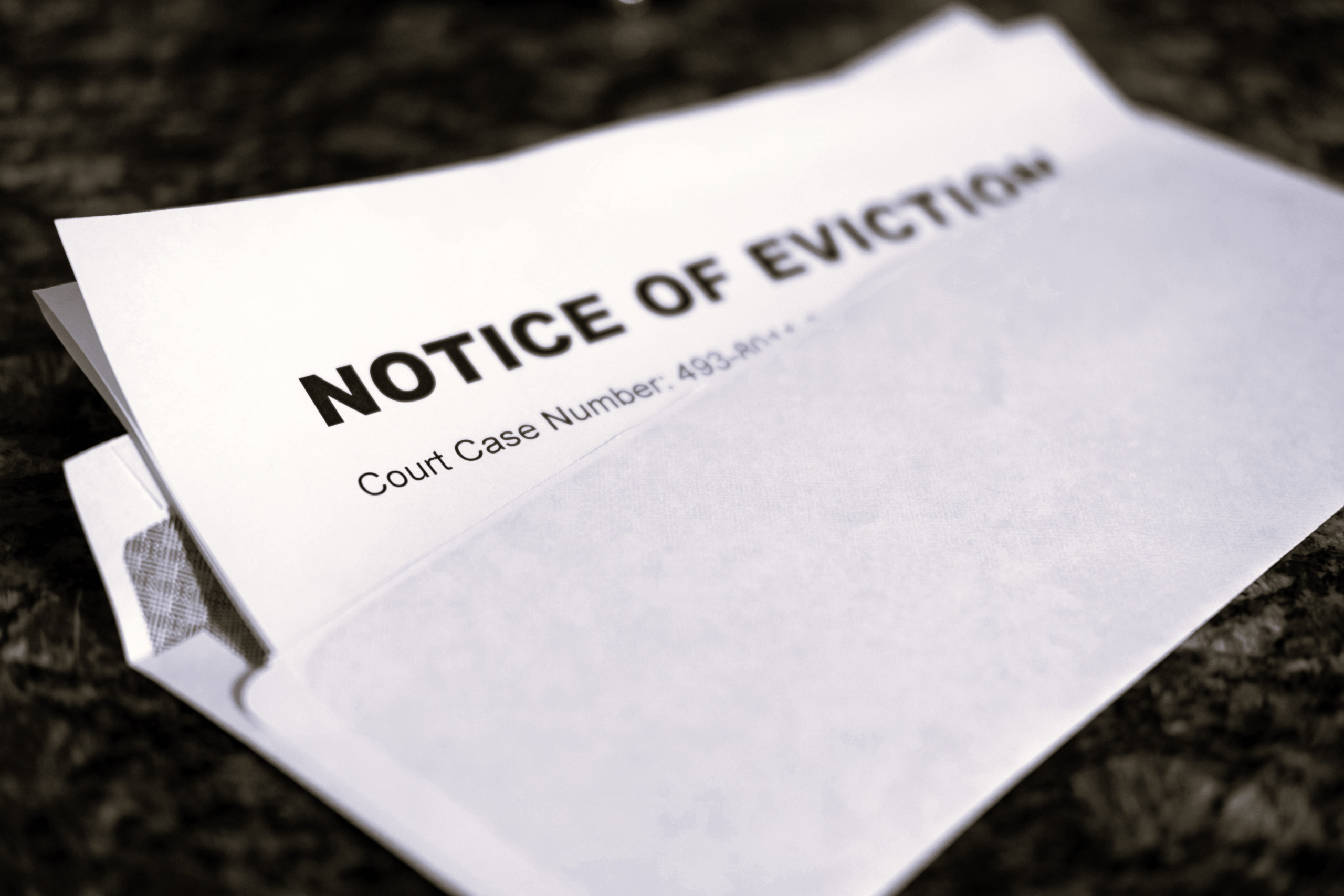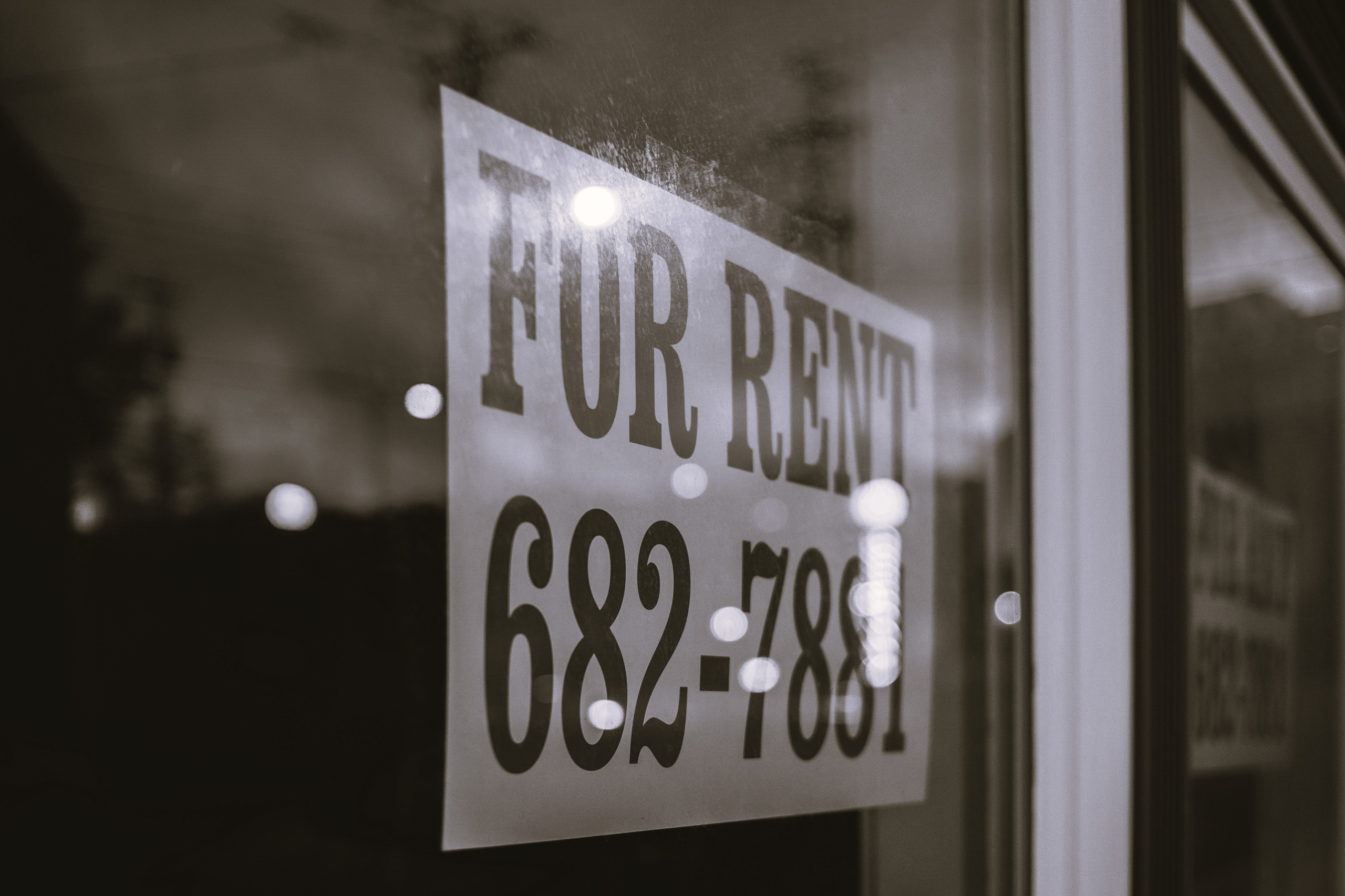The Efficiency of National Housing Rights: an Overview of France’s DALO Law
Andrei-Fabian Balan (EVICT student researcher)
Introduction
Along the course of the formation of international human rights law, housing has been a historically underrepresented area which has only been highlighted in recent years. The most notable contributions to the expansion of housing rights are their inclusion in the Universal Declaration on Human Rights and International Covenant on Economic, Social and Cultural Rights of the United Nations. Nevertheless, implementation differs in each state, and data suggests that the UN Committee on Economic, Social and Cultural Rights have so far only examined cases from Spain, most of which were discontinued or deemed inadmissible. This highlights the fact that implementation and application of international treaties is not uniform in all UN Member States. Regardless, domestic laws have greater chances of achieving tangible results through regulatory bodies and enforcement mechanisms. As such, this blog shall focus on national legislation on the right to housing.
While the responsibility to provide housing to vulnerable individuals or protect them from eviction falls upon each state, many European states that provide a right to housing do not offer a mechanism to implement it. Notwithstanding such a state of affairs, France is an example of a state who has taken steps to ensure appropriate housing for its inhabitants. This is illustrated by the law ‘Droit au Logement Opposable’ (DALO), which literally translates to ‘Enforceable Right to Housing’. The DALO law was unanimously adopted by the National Assembly of France on 5 March 2007. This law allows individual persons to enforce their right to housing against the state if they live in substandard conditions or if they are disadvantaged in such a way that they are unable to afford adequate housing. This blog aims to provide an accurate assessment of DALO’s effectiveness as a right to housing by first offering a brief explanation of its enforcement mechanisms, followed by an analysis of the law’s implementation and its effects, which will be illustrated through the Tchokontio Happi v. France case of the European Court of Human Rights.
DALO Enforcement Mechanisms
The DALO entails two types of appeals that are afforded to citizens as well as non-citizens which have a permanent right to residence within France. The first type concerns the prioritization of people in need of housing by Mediation Committees which then advise the prefect (the State’s representative in a department or region in France) of the people who have been granted priority status regarding housing. A person with priority status is someone who must be housed or re-housed within 3 to 6 months or offered temporary accommodation within 6 weeks.
The second type of appeal deals with people who have not been re-housed by the competent authority within the time period prescribed by law, although they were granted priority status. As a result, a person in this predicament can file an application with their local administrative court to force the prefect to provide them with housing. The state will be fined if the prefect fails to comply. This fine is distributed to a regional fund for social housing. Thus, through the DALO, France has provided its vulnerable inhabitants with the possibility to compel public officials to act in case they failed to uphold their duties regarding social housing. Nonetheless, the authority of the prefect remains somewhat limited, as the main enforcement powers – such as the ability to issue building permits, confer priority status and decide housing allocations – remain with local authorities.
Effectiveness of DALO
The overall effectiveness of the DALO law to protect vulnerable individuals by providing them with adequate housing has been called into question multiple times since the law was adopted. The law has undoubtedly contributed to positive effects within the social housing sector by helping to re-house many vulnerable individuals, and the fact that the right to housing has been made enforceable is a noteworthy development, thereby fundamentally solidifying the importance of housing. However, according to the available data, 950,000 appeals have been filed since the law came into force, among which only 270,000 have been granted priority status and only 167,200 have been re-housed. Therefore, a significant number of individuals with priority status have not received the necessary housing allotted to them on the basis of the DALO law.
In recent years, a growing housing crisis has been observed, particularly in the Île-de-France region, which includes the populous French capital of Paris. Despite the fact that there has been a growing number of homeless persons (from 2001 to 2012, homelessness increased by 58%), there has been a decrease in the number of persons being granted priority status. This was mentioned by the High Committee for Housing of Disadvantaged Persons, which called attention to the fact Mediation Committees were not in compliance with the law. The High Committee observed that the Mediation Committees were increasingly using informal criteria to decide individual cases (such as taking into account housing availability), as opposed to only utilizing the criteria laid down in the law proper (by focusing primarily on the situation of the vulnerable person in question). The system itself suffers from the disparity between supply and demand of social housing as well as from procedural inconsistency: each local Mediation Committee differs significantly in its methods on how to decide whom receives priority status. Factors which also influence the situation are the lack of resources required to functionally process the hundreds of applications received by the Mediation Committees and the lack of necessary data on the measure to accurately assess the need for housing.
Tchokontio Happi v. France (2015)
A particularly poignant example of the issues that have aroused in implementing the DALO law is the Tchokontio Happi v. France case that was adjudicated by the European Court of Human Rights (ECtHR) in 2015. The case concerns Elizabeth Tchokontio Happi (hereafter referred to as ‘the applicant’), a citizen of Cameroon who has lived in France since 2003 and was granted priority status by the Paris Mediation Committee in 2010 on the basis of the DALO law. Unfortunately, the applicant had not been re-housed 6 months later after being granted priority status in accordance with the DALO law and, she filed an application with the Paris Administrative Court. The application was upheld, and the Paris Administrative Court ordered the prefect to re-house the applicant, imposing a €700 fine per month on the French State until the matter was concluded. Nevertheless, the applicant had still not been re-housed 2 years later and, therefore, filed an application with the ECtHR under article 6(1) of the European Convention on Human Rights (ECHR), the right to a fair trial. The applicant also filed a complaint under article 1 of Protocol No. 1 of the ECHR that concerned the protection of property.
The ECtHR found that the applicant had not been re-housed within the 6 months period required by the DALO law, even though the applicant was granted priority status. The French Government argued that the fine imposed by the authorities was in accordance with the aim of the law to ensure compliance from state authorities, highlighting the coercive nature of the fine. The ECtHR reject the argument, concluding that the fine that had been imposed on the authorities by the Paris Administrative Court went to a state fund for social housing, which was not paid to the applicant herself. As such, the fine had no compensatory function and had essentially no effect in obligating the state authorities to re-house the applicant, a fact which was emphasized by the Government’s failure to find housing for the applicant even after three and a half years. The French Government tried to argue that a lack of resources and funds excused its failure to uphold its responsibilities. Yet, the ECtHR found the argument unpersuasive and argued that authorities could not excuse their failure to take the necessary measures because of a lack of financial assets on their part.
The ECtHR decided that the failure of the French authorities to enforce the judgement of the Paris Administrative Court for several years deprived article 6(1) ECHR of all useful effect and, consequently, found that France had violated applicant’s rights. On the other hand, the ECtHR deemed inadmissible the applicant’s claim under article 1 of Protocol No. 1 ECHR that the actions of the authorities constituted a violation of the protection of property, as the applicant’s right to social housing would not be considered possession within the meaning of the respective article.
The ECtHR’s decision highlights the core problems in the implementation of the DALO law. The lack of resources for the enforcement of this law, along with the authorities’ negligence to take the measures required to end the unfortunate situation that Ms. Tchokontio Happi was confronted with, underline the reduced effectiveness of the law and the dire situation in which a considerable number of vulnerable people are left.
Conclusion
The DALO law is necessary in order to improve the lives of many vulnerable citizens, and it is inarguably a step forward for housing rights as a whole. However, the implementation of the law reveals a significant amount of issues, such as fragmented application, competing social goals and a lack of adequate housing. In order to ensure greater efficiency, the law must be strongly monitored and supported by the government as well as NGOs, citizens and other relevant actors. If the competent authorities (the prefects) are unable to maintain collaborative relationships with social housing providers and local authorities, the system risks failure in achieving its intended goals, thereby casting a shadow on its credibility and effectiveness. As such, the DALO law has aided a lot of vulnerable persons, but it has the potential to aid many more if the authorities can overcome the underlying challenges that hinder its effectiveness.






